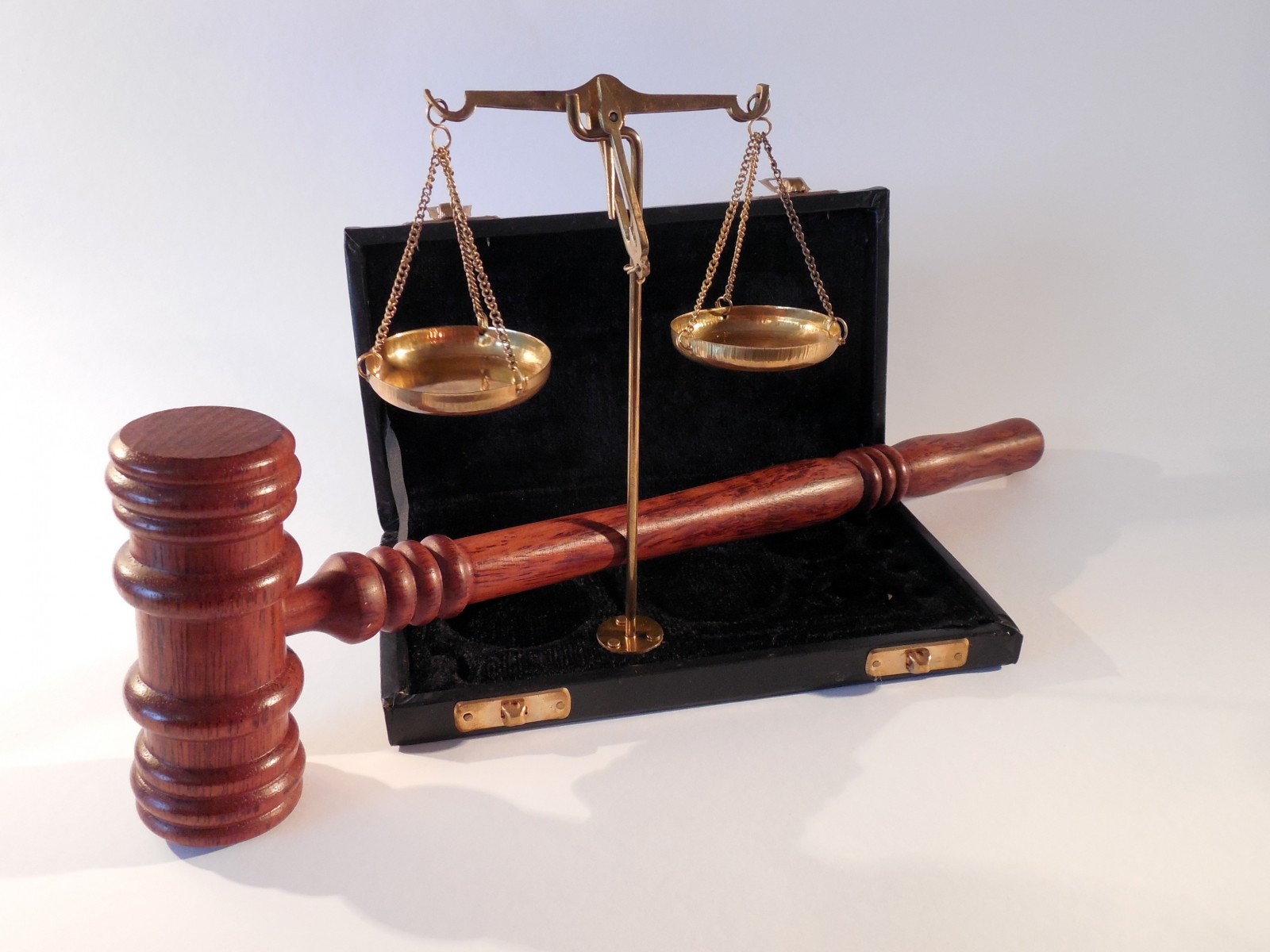December 29, 2016 2 min to read
Even in the 1867 Constitution, French was inferior to English in Canada
Category : History
A lot of the posts on this site express the rejection by the Québec government of the 1982 constitution because it protects Québec distinct society less than the 1867 Constitution.
Yet, the 1867 Constitution wasn’t perfect either! In fact, it was mainly written with the rights of English speakers in mind, as can attest its article 133:
Either the English or the French Language may be used by any Person in the Debates of the Houses of the Parliament of Canada and of the Houses of the Legislature of Quebec; and both those Languages shall be used in the respective Records and Journals of those Houses; and either of those Languages may be used by any Person or in any Pleading or Process in or issuing from any Court of Canada established under this Act, and in or from all or any of the Courts of Quebec.
The Acts of the Parliament of Canada and of the Legislature of Quebec shall be printed and published in both those Languages
Emphasis mine.
What does this article mean?
- All debates and records in the House of Parliment of Canada can be in both languages, as guaranteed by the constitution
- All debates and records in the Québec house of legislature can be in both languages, as guaranteed by the constitution
- Therefore it means that all of the other provinces (but not Québec), can decide to adopt a single language (namely English) for all of its debates
- For federal court, both languages can be used in a court of law, as guaranteed by the constitution
- For Québec courts, both languages can be used in a court of law, as guaranteed by the constitution
- Therefore it means that all of the other provinces (but not Québec), can decide to adopt a single language (namely English) for all of its courts
- All of the federal laws are printed in both languages, as guaranteed by the constitution
- All of the Québec laws are printed in both languages, as guaranteed by the constitution
- Therefore it means that all of the other provinces (but not Québec), can decide to adopt a single language (namely English) for all of its laws
In conclusion, this means that under the 1867 constitution:
English speakers are 100% guaranteed laws, courts and legislative debates in their own language, but French speakers are only protected within Québec and at the federal level.
Right from the beginning of Canada, French was clearly put in a second class under English, with the only French-speaking province required in the constitution to serve it’s English minority better than the way the English provinces had to serve their French-speaking minority.
And if you think this is fixed by now, you are wrong…
A French speaker in British Columbia was denied a trial in French for a driving under the influence infraction because this offence is violation of a provincial law and as such, not under the protection of the official languages act which is supposed to guarantee a trial in the official language of your choice (either French or English).
Canada was really founded in 1867, and as we can see, already, French was set at a disadvantage in the first real constitution of Canada.


Comments (2)
-
-
Why many Québecois aren’t excited about the 150th anniversary of Canada – What does Quebec Want? July 1, 2017
[…] 1867, in theory, Canada was once again a friendly place for French-Canadians. Other articles such as this one on the French language under the 1867 constitution shows that the 1867 Constitution wasn’t a walk in the park, but still, Québec had a veto for […]
Why are Québécois so angry about the cancelling of French University in Toronto? – What does Quebec Want? December 10, 2018
[…] was more of a shotgun wedding than an actual marriage of love with an unequal set of rights that put English as superior to French, but still, we were promised some guarantees which we felt were violated in 1982 without our […]